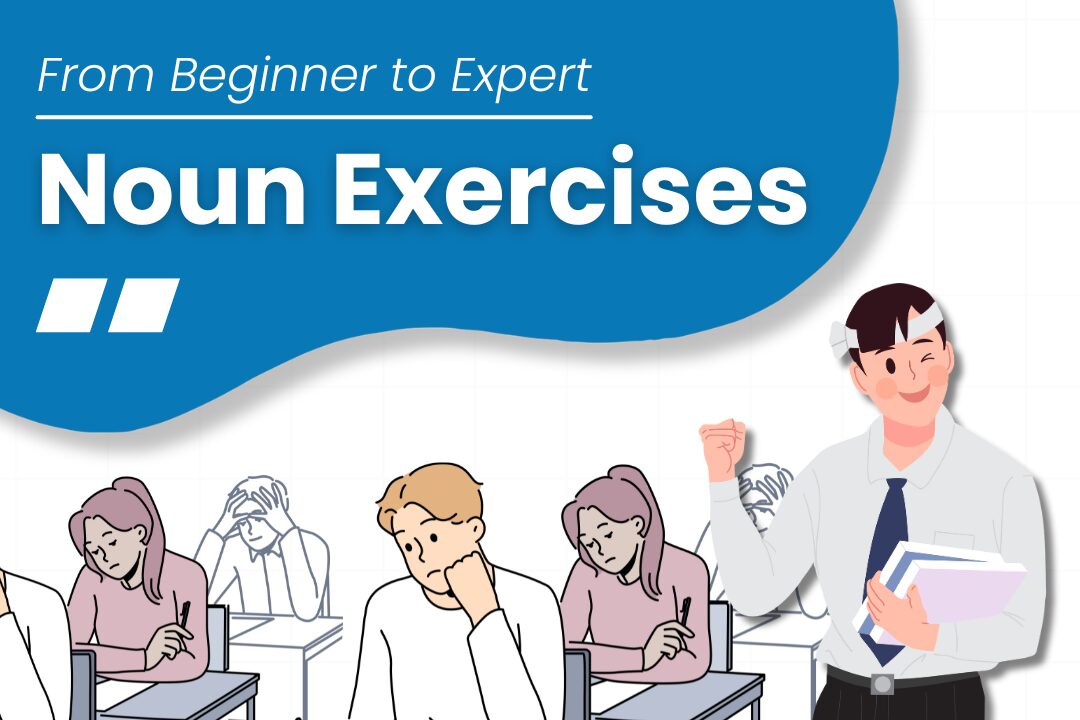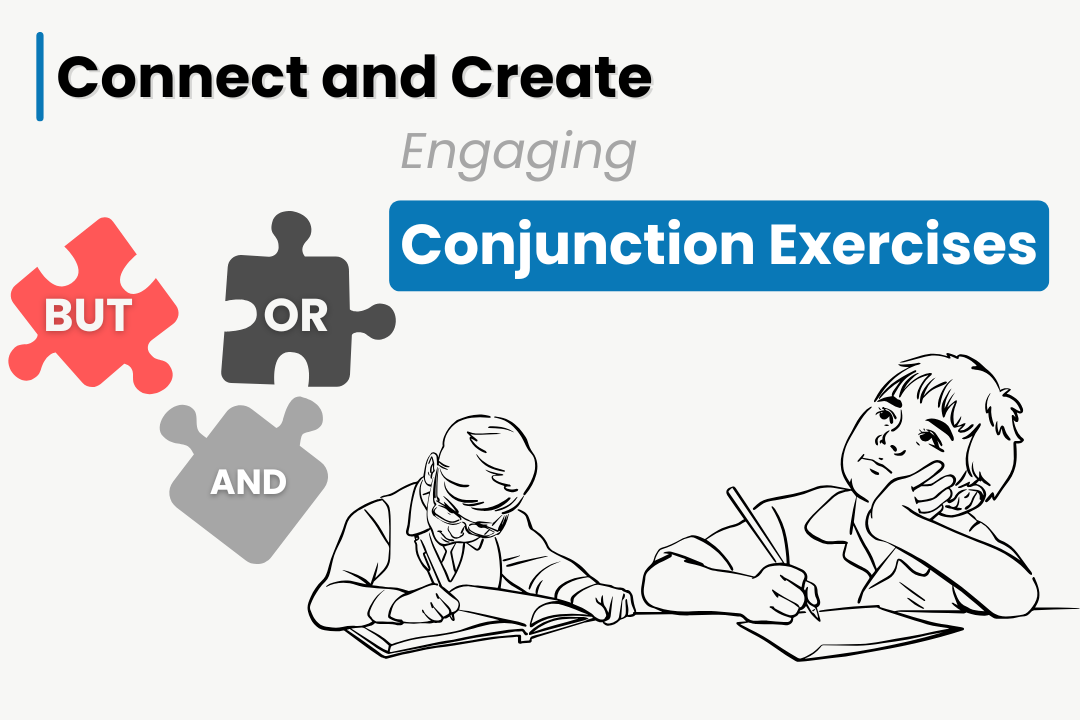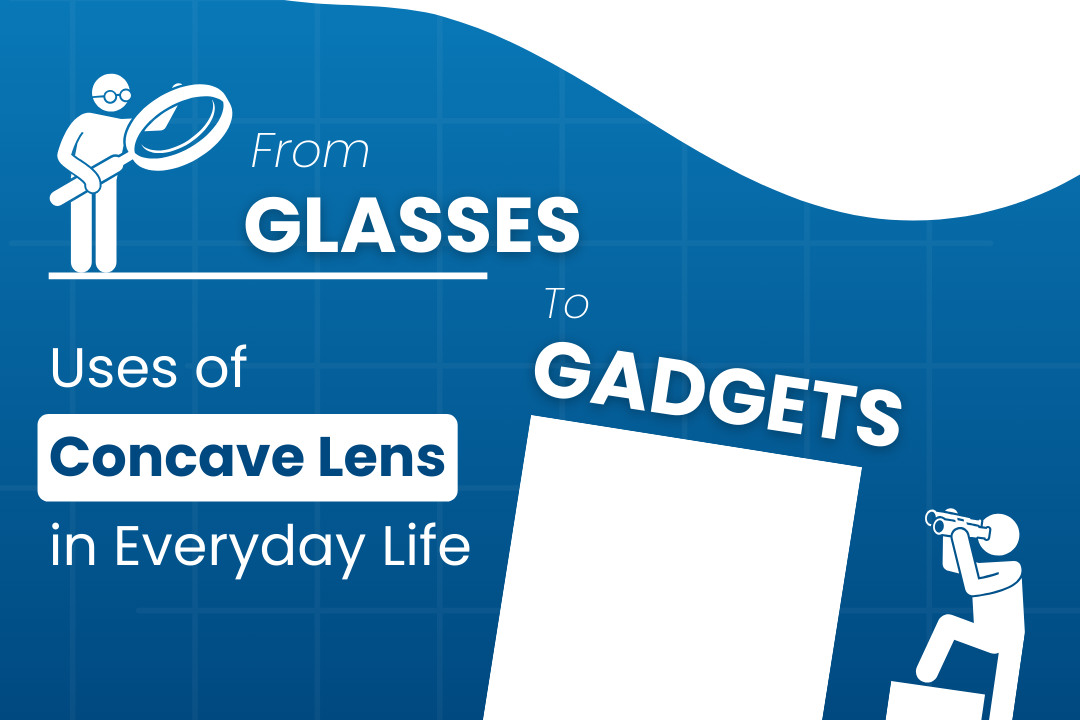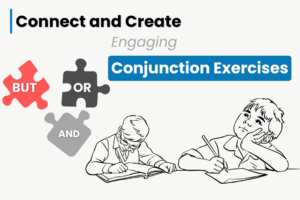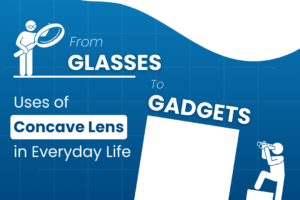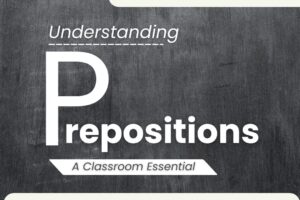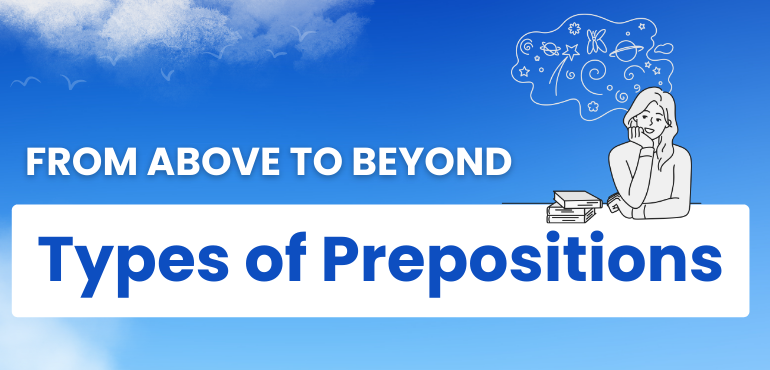
A preposition is a word or a group of words that can link nouns, pronouns, or phrases to other words in a sentence. Prepositions are typically short words that come before nouns.
This is a brief definition of prepositions. Now, we must look at the common examples of prepositions. These are ‘in’, ‘of’, ‘an’, ‘at’, ‘to’, and others.
You can have a look at some examples of prepositions used in a sentence.
- Ritesh reads storybooks in the evening.
- The mouse was shivering at the corner.
- We used to visit hill stations during the summer.
Here ‘in’, ‘at’, and ‘during’ all these words are prepositions. Tenth-standard students usually emphasize building vocabulary but they forget about other important topics in English grammar. Preposition is one of them.
A Detailed Description of Preposition
As per the meaning of the word ‘preposition’, it always places itself before the preposition which is why it is called pre-position or preposition.
A preposition always goes with the noun or pronoun that is why the noun or pronoun is called the object of the preposition. The preposition and the object of the preposition are together called prepositional phrases.
| Preposition | Object of the Preposition | Prepositional Phrase |
|---|---|---|
| in | the box | in the box |
| under | the table | under the table |
| outside | of the hut | outside of the hut |
What are the Different Types of Prepositions?
Prepositions are included in the parts of speech and they are taught to tenth-grade students as a part of grammar basics.
There are 4 types of prepositions.
- Preposition of Time
- Preposition of Place
- Preposition of Direction
- Preposition of Location
Preposition of Time
The preposition of time shows various aspects of time.
Usage of Preposition of Time: ‘At’, ‘in’, and ‘on’ is used as the prepositions of time.
Examples:
1. Dipak eats dinner at 7.30 pm regularly.
- Here ‘at’ is used to describe the time Dipak eats dinner regularly.
2. Antara was born in 1998.
- Here ‘in’ is used to depict the time. ‘In’ 1998, Antara was born.
3. On weekends, I prefer to eat home-cooked food.
- Here ‘on’ depicts what time I like to eat home-cooked food.
Preposition of Place
The preposition of place is associated with an event.
Usage of Preposition of Place: ‘Under’, ‘below’, ‘above’, ‘over’, ‘beside’, ‘next to’, ‘near’, ‘by’, ‘between’, ‘among’, ‘inside’, ‘outside’, ‘behind’, ‘in front of’, ‘beyond’.
Examples:
1. Jennifer placed the doll on the desk.
- Here ‘on’ is used to describe where Jennifer has placed the doll.
2. Put the pen inside the almirah.
- Here ‘inside’ is used to describe where the pen has been put.
3. The treasure was buried under the oak tree.
- Here ‘under’ is used to describe where the treasure is buried.
4. Aditi’s marks were consistently below 50 in all the exams.
- Here ‘below’ is used to describe Aditi’s marks in all the exams.
5. The helicopter is hovering above our house.
- Here ‘above’ is used to describe the helicopter’s movement.
6. The dog jumped over the fence to chase the cat.
- Here ‘over’ is used to describe how the cat jumped over the fence.
7. There is a small cottage beside the beautiful lake.
- Here ‘beside’ is used to describe where the cottage is placed.
8. The bookshop is next to the office.
- Here ‘next to’ is used to describe the place of the bookshop.
9. The temple is near the waterfalls.
- Here ‘near’ depicts where the temple is located.
10. Akhila travelled by train to reach Kanyakumari.
- Here, ‘by’ is describing Akhila’s way of travelling.
11. Noorie divides her time between work and family.
- Here ‘between’ depicts how Noorie is dividing her time.
12. Divishi selected the red dress among the many dresses available.
- Here ‘among’ depicts all the dresses available to Divishi.
13. Please leave your shoes outside the office premises.
- Here ‘outside’ is describing where the shoes must be placed.
14. The sun sets behind the mountain.
- Here ‘behind’ is depicting the place where the Sun sets.
15. The company’s loss was beyond our expectations.
- Here, ‘beyond’ is the preposition used to describe the company’s loss.
Preposition of Direction
The preposition of direction can give readers a sense of place or location.
Usage of Preposition of Direction: ‘Across’, ‘against’, ‘along’, ‘around’, ‘into’, ‘onto’, ‘out of’, ‘over’, ‘through’, ‘to’, ‘toward (s)’, ‘under’, ‘up’.
Examples:
1. The train to Araku Valley from Visakhapatnam usually goes through a tunnel.
- Here ‘through’ depicts how the train goes to Araku Valley.
2. You can walk along the river.
- Here ‘along’ depicts the direction the river is flowing.
3. The cat leaped across the fence seamlessly.
- Here ‘across’ describes in which direction the cat jumped.
4. He was leaning against the wall and chewing gum.
- Here ‘against’ is describing the man’s position against the wall.
5. The motorists are riding along the riverbank.
- Here ‘along’ depicts the position of the motorists.
6. The entire family gathered around the table to have a discussion.
- Here ‘around’ depicts where the entire family has been gathered.
7. Pour the hot water into the bowl carefully.
- Here ‘into’ depicts the place where the hot water must be kept.
8. Amrita spilled some coffee onto Shiv’s t-shirt.
- Here ‘onto’ depicts the place where the coffee has been spilled.
9. The saint pulled a pigeon out of the cage.
- Here ‘out of’ describes where the pigeon has been pulled.
10. We are going to the garden.
- Here ‘to’ depicts the place where everyone is going to visit.
11. Rima’s house is just up the street.
- Here ‘up’ depicts the place where Rima’s house is located.
Preposition of Location
The preposition of location refers to the readers in a direction in which something is moving in relation to another person or thing.
Usage of Preposition of Location: ‘On’, ‘between’, ‘at’, ‘beside’, ‘by’, ‘beyond’, ‘near’, ‘in front of’, ‘nearby’, ‘above’, ‘behind’, ‘below’, ‘over’, ‘under’, ‘within’, ‘up’, ‘beneath’, ‘down’, ‘around’, ‘among’, ‘through’, ‘along’, ‘inside’.
Examples:
1. Kids ran toward the car when it arrived.
- Here ‘toward’ is depicting the way Kids are running.
2. The coffee shop is next to the ice cream parlour.
- Here ‘next to’ refers to the coffee shop’s location next to the ice cream parlour.
3. The dog is sitting in front of the fireplace.
- Here ‘in front of’ is stating the location where the dog is sitting.
4. There is a shop nearby where we can buy groceries.
- Here ‘nearby’ is showcasing the place to buy groceries.
5. The library is located within walking distance of my house.
- Here ‘within’ is showcasing the location of the library.
6. We kept the blanket beneath the shade of the old tree.
- Here, ‘beneath’ depicts the place where the blanket has been kept.
7. The monkey jumped down from the roof onto the grass.
- Here, ‘down’ depicts the monkey’s current location.
This is an overview of the definition of prepositions and its 4 types. In the next article on Prepositions, we are going to introduce exercises on prepositions which come under exercises for parts of speech.
Conclusion
For 10th-grade students, prepositions are an important part of English grammar. Here in this article on prepositions, we have clearly stated the definition of prepositions, its 4 types, along with the examples of it.

